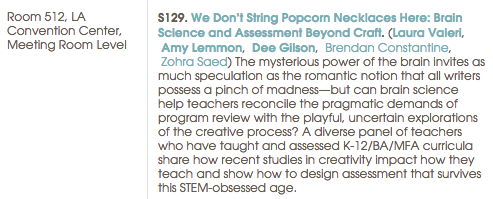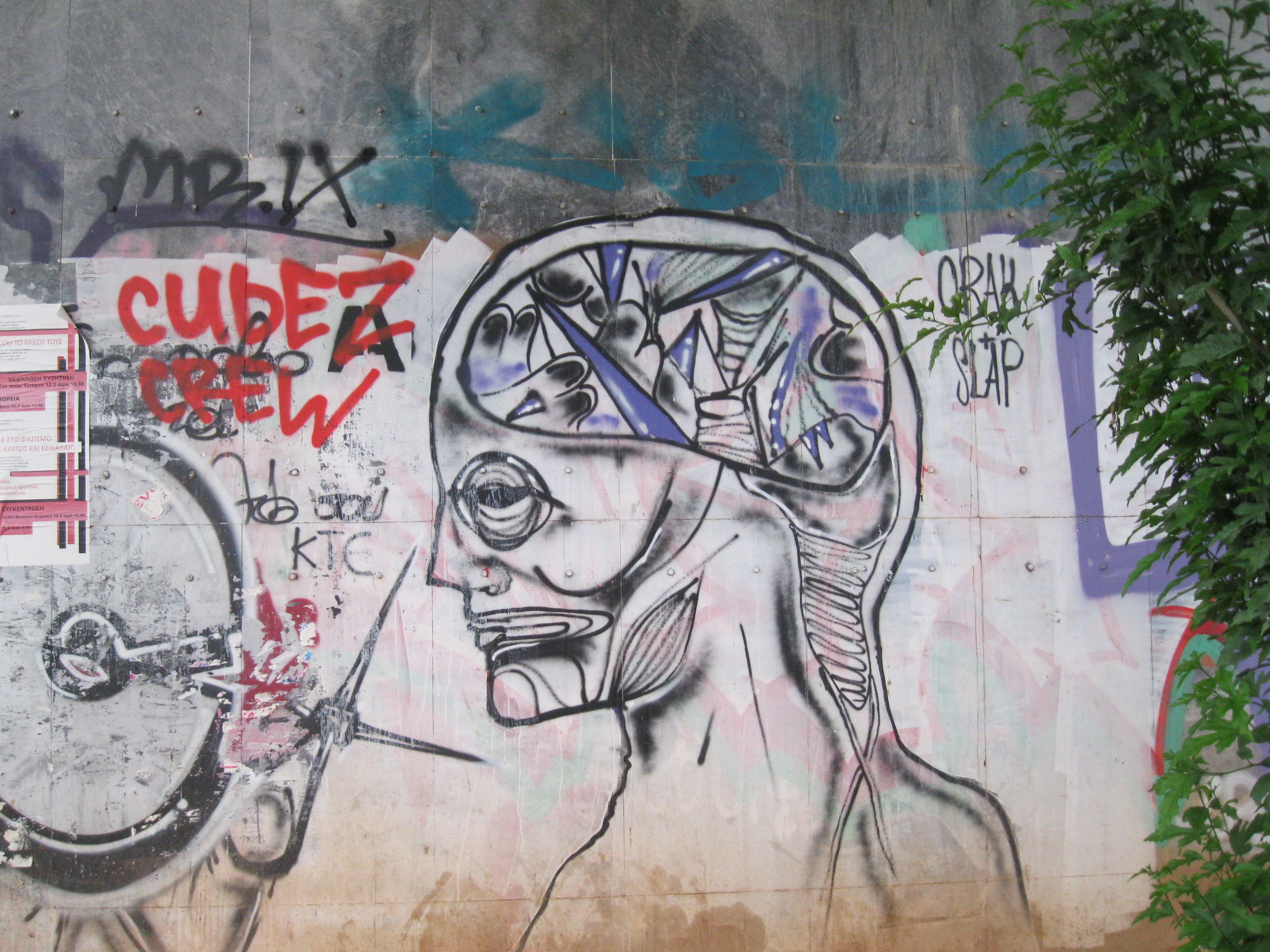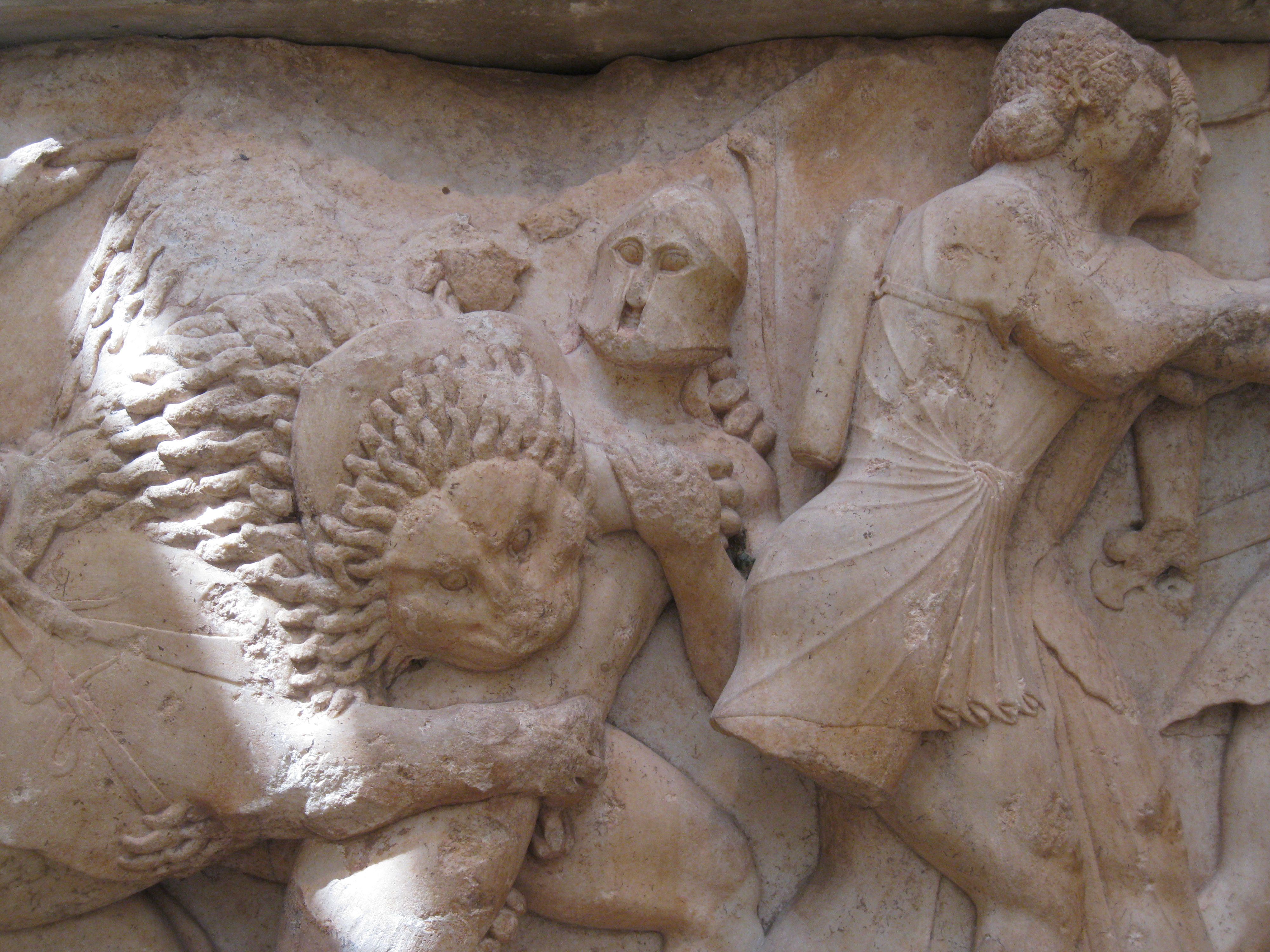The Cave of Making and Making the Most of Time
At AWP in Los Angeles this year, I’ll be presenting on a panel with Laura Valeri, Brendan Constantine, D. Period Gilson, and Zohra Saed that explores how brain science can help us in teaching our students about creativity. About a decade ago I developed a course on creativity for honors students at the Fashion Institute of Technology. We study theories about creativity and the imagination, personal accounts of the process by creators, and profiles of creative people over the centuries. Much of the research comes from the field of psychology, and recently the neuroscientists have weighed in. One of these, Dr. Shelley Carson, put brain science and creativity studies into a neat self-help package she calls Your Creative Brain (I’ve written a bit about this for The Best American Poetry blog).
I’ve also recently had the chance to experience the creative process in a way I haven’t in a very long time. I am on sabbatical this semester, which means that for the first time in years, writing is actually my job. Because my last sabbatical was nearly 9 years ago, and I won’t have another one for at least 8 more years, I feel pressured to make the most of it. I have taken this very seriously and put several structures in place so that I can get writing done and avoid any of the pitfalls of procrastination, distraction, or general discouragement.
For me, as for many others, accountability is key to productivity. During the month of February, I was part of a small group of women poets who made a pact to email each other a new poem every day. I missed a few days during the month for various reasons, but some of the group decided to go an extra week, so I did make my “quota” of 29 new poem drafts (it is a leap year, after all). You must understand how miraculous this is—I have written more poems in the past five weeks than in the previous five years. Despite other obligations (solo parenting two teens, one with special needs, an online class I’m teaching, other professional commitments), I have made writing a priority most days. Clearly, my plan is working.
The phrase “the cave of making” has floated into my consciousness from time to time when I think of this immersion in the process, and especially when I imagine describing my activities to someone else. If anyone asked what I was up to during my sabbatical, I would reply, “I am in the Cave of Making” in capitals or hushed and reverent tones, surely inspiring awe in my audience. No one has asked, excepting a few texts from friends, but even within my own personal echo chamber it seems an appropriate term for the angst and groping in the dark, the moving around in one’s own sweat and exhaust. I wasn’t sure where the expression came from—something I read during graduate school, or perhaps a creativity book by Natalie Goldberg or Julia Cameron, or maybe a Jungian image from Robert Graves or Joseph Campbell. I was surprised, then, when a quick Google showed it actually came from one of my old poetic familiars, W. H. Auden. “The Cave of Making” is the title of a poem from Auden’s sequence About the House, about his home in Austria in the early 1960s. Rather than the metaphorical realm I had conjured up, he was literally describing his study, the room of the house where he composed and revised.
Because I compose in several places—my dining room table, a cubicle at Paragraph, a shared workspace for writers in Manhattan, or at various cafes in the city—the cave as metaphor will have to do for me. And it is an apt one for writing—there is a certain amount of searching and digging to be done before you can gain entrance, and you never know what you’ll find as you creep further down and in with your puny lantern. This spelunking is not for the faint of heart or easily discouraged. It requires a commitment of time and focus and a promise to return to the site regularly, if not daily. It requires letting go of expectations about the outcome and being open to whatever you find. Some days it is Happy and Dopey in the Disney diamond mines, full of song and slapstick; others, it resembles modern extraction of precious metals, requiring the force of rock-crushers and earth-movers, and when the boulder is finally pried away from the cave’s mouth, all manner of bats and dust and foul gases fly out.
I’ll be doing what I can to infuse my presentation on the creativity panel with these discoveries, as well as what I’ve learned from guiding my students on their own excavations. My other duties at AWP will be chairing the annual meeting of the Art School Writing Faculty Caucus, an organization of writers who teach at art and design schools who gather to share best practices and discuss concerns particular to those institutions. Founded by Hugh Behm-Steinberg of the California College of the Arts, the Caucus has a growing constituency and we are in the process of adopting bylaws, electing an Executive Board, and generally becoming a more solid presence within the AWP.
I know that being at the conference will inevitably produce “AWP Brain,” that state of mind where input can lead to sensory overload and require much time afterwards to process it all. Thanks to the folks at Superstition Review for giving me this space to chat about the creative process here in preparation for these events!
The panel “We Don’t String Popcorn Necklaces Here: Brain Science and Assessment Beyond Craft” occurs at AWP on Saturday, April 2 from 9-10:15 AM in Room 512 at the LA Convention Center. The Art School Writing Faculty Caucus Meeting will be held Friday, April 1 from 6-7:15 in Room 412 at the LA Convention Center.


